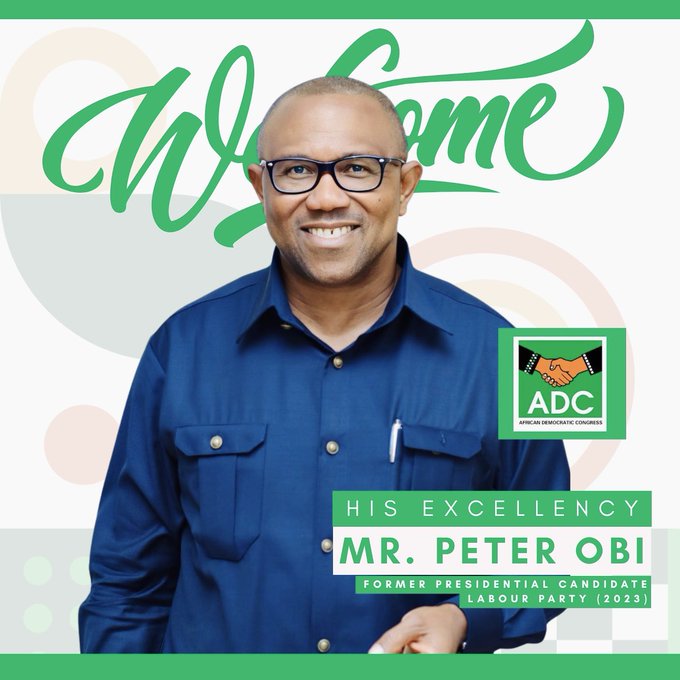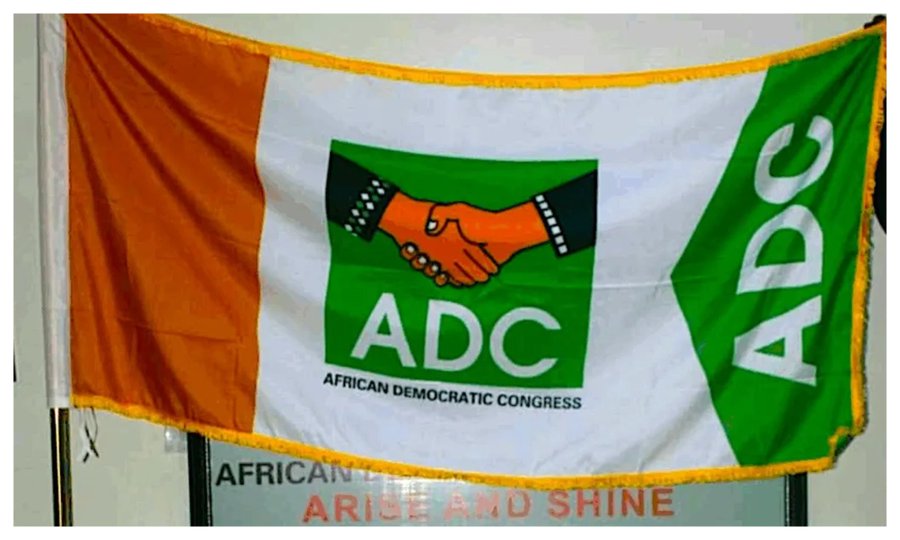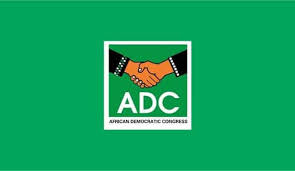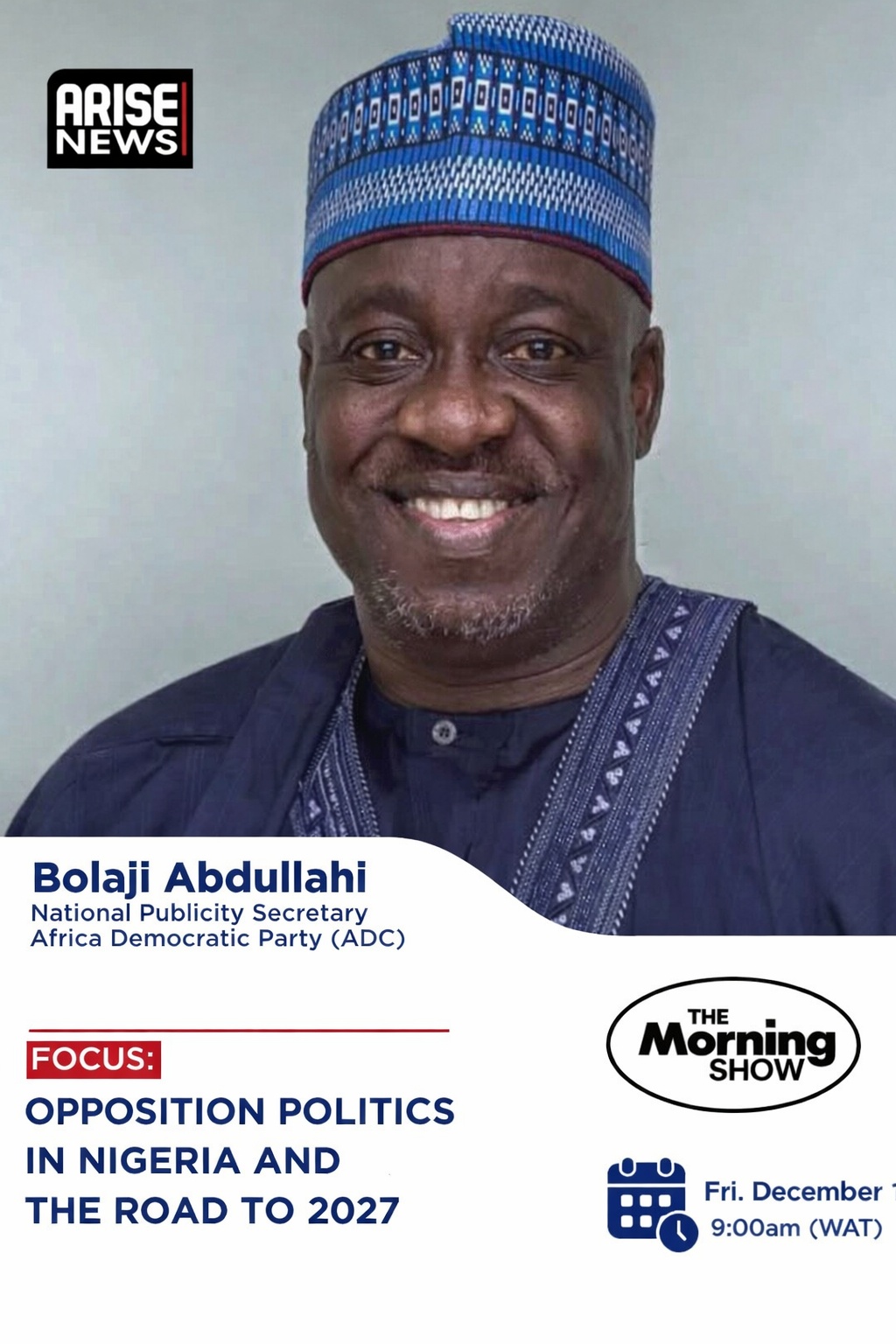
Across Nigeria today, it’s becoming more common to hear people say, “I don’t trust any political party.” And they’re not wrong. After decades of failed promises, recycled politicians, and power games that have little to do with the people, it’s no surprise that many Nigerians are turning away from the political establishment.
But we have to ask, what does this growing distrust mean?
At ADC, we believe it’s not just about politics. It’s about a bigger issue that affects all of us: the collapse of public trust and meaningful national conversation.
When people stop believing in parties, they don’t just walk away from the ballot box. They stop engaging. They stop listening. And often, they stop thinking critically. That is where the real danger lies.
Many Nigerians are tired of corruption. Exhausted from watching the same faces move from one party to another. Tired of politicians who only remember the people during campaigns.
So yes, it makes sense that people are distancing themselves from political parties. But here’s the thing: leaving a party doesn’t automatically make someone politically aware or independent. What we often see is a shift from party loyalty to blind loyalty to individuals, social media influencers, or online movements that offer no real solutions.
The party colours may change, but the tribal mindset remains. Instead of asking, “What’s the best idea?” too many ask, “Who is my guy?”
This kind of thinking kills constructive debate. It replaces reasoning with noise. And it’s a sign that the real problem isn’t just distrust in political parties but a weakening of critical thinking in public life.
The Noise Over Dialogue Trend
In a healthy democracy, people disagree. They debate ideas. They challenge each other. But that only works when people are willing to listen, not just to respond, but to understand.
What we see more and more today is the opposite. People talk at each other, not to each other. Every disagreement turns into an attack. And the moment you ask a difficult question, someone says you’re either “against us” or “part of the problem.”
This isn’t dialogue. It’s division.
And if we’re not careful, the distrust in political parties will soon become distrust in anything that requires collective thinking: government, civic duty, elections, even the idea of Nigeria itself.
What ADC Stands For
At ADC, we’re not here to campaign for any party. We’re here to strengthen civic thinking, especially among young people.
We create spaces where students can ask hard questions, challenge the status quo, and engage with others who think differently. We teach people how to listen with an open mind and argue with respect. We believe disagreement, when done right, can build stronger ideas, not tear people apart.
Because when citizens know how to think clearly and argue responsibly, they don’t need to be told what to think. They know how to judge for themselves.
That’s how democracy grows.
The political parties may continue to disappoint. That’s reality. But if we leave it there, with only complaint or withdrawal, then nothing changes.
What must change is how we engage.
Nigeria needs people who are not just politically aware, but politically mature. People who don’t follow slogans, but follow sense. People who can spot manipulation, who are not swayed by noise, and who are not afraid to speak the truth, even when it’s unpopular.
We believe young Nigerians have what it takes. But they need the tools, the platform, and the confidence to lead with reason, not emotion.
That’s the mission. That’s our work at ADC.







Comments (0)